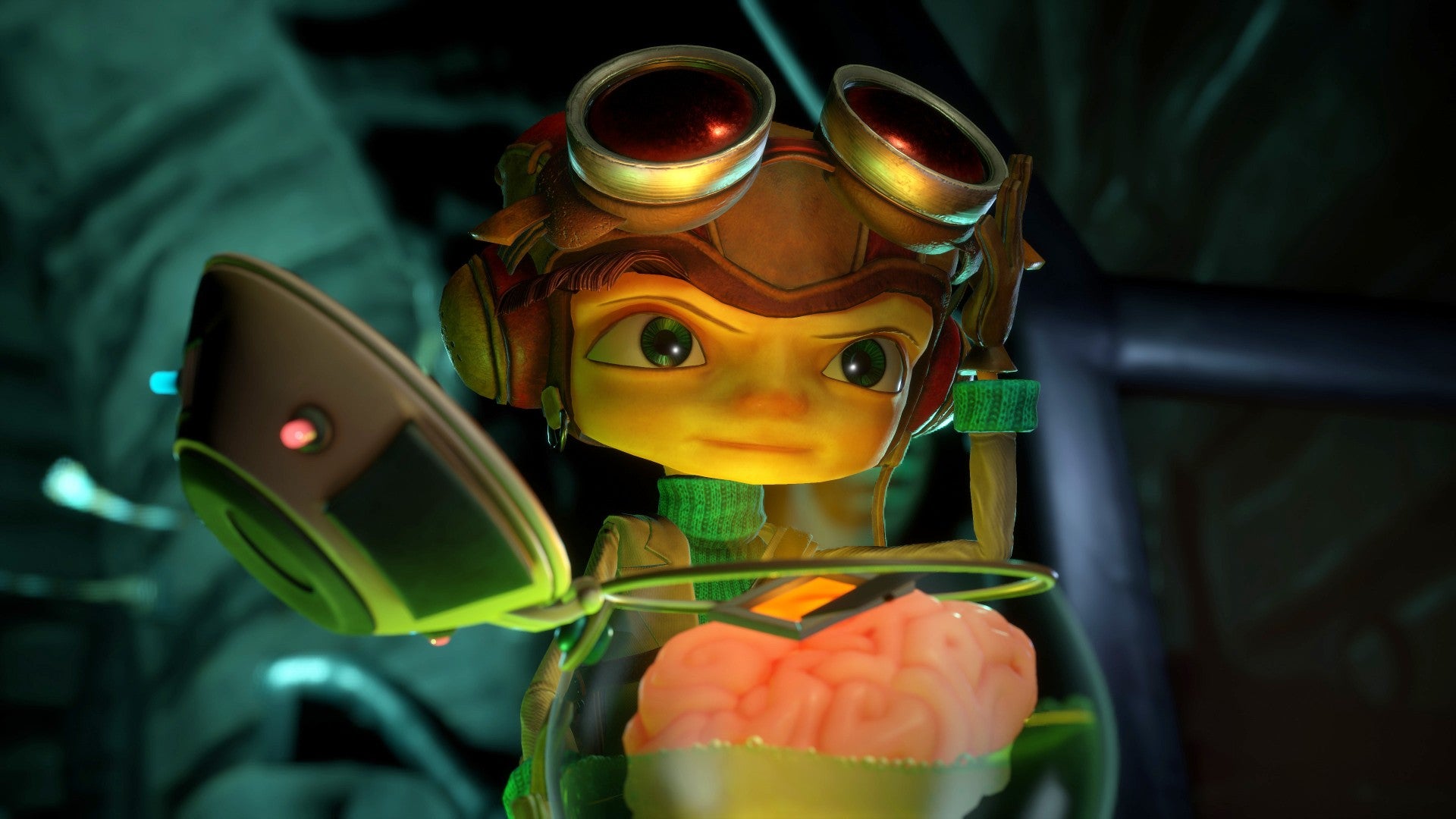Raising awareness about the topic of mental health in general is something I am deeping passionate about, and I have lived with mental illnesses myself for some time now. I take a variety of regular medications to help with this, and, combined with cognitive behavioural therapy, these have worked well for me and my ongoing recovery. While they aren’t designed to be therapeutic, games have often provided me with a safe refuge to escape to. This can often include jumping back into a title from my childhood and experiencing that unrivalled nostalgic joy once more (I will forever have a soft spot for The Italian Job on the PlayStation 2 for this very reason). There have also been times when games have offered up something positive even when I am not the person actually doing the playing. Sometimes, I find a deep emotional connection to a game by watching streams. Our very own Ed Nightingale recently reduced me to tears (don’t worry, I mean the good, cathartic kind) during his playthrough of Celeste. So, with all this in mind, here are some Eurogamer pieces from over the years that caught my attention, and which talk about the link between mental health and the world of video games. Earlier this year, Caelyn Ellis took the time to tell us all about her love for RPGs such as Skyrim and Dark Souls. In this piece, she explains how these games provide her with an emotional outlet during hard times, and how they can even offer up some very welcome “meditative calm”. Ed Nightingale of making-Victoria-cry-during-Celeste fame spoke with the developers of Chicory: A Colorful Tale about the game’s nuanced take on mental health back in April. In this interview, artist Alexis Dean-Jones reflects on her own experiences with Obsessive Compulsive Disorder, and how opening up to others about this has not only helped her personally, but also improved her friendships. The third piece I would like to bring to your attention is a bite-sized little number from Johnny Chiodini. Here, through an accompanying video, they discuss several titles that deal with mental health issues with “style and sensitivity”. Included in their list is Life is Strange, The Unfinished Swan and Child of Light (pictured in the header), to name but a few. This next one is a truly heart-warming piece, and it put the biggest smile on my face the first, second, and third time that I read it. Written by James Holland, who worked at a mental health unit, this feature concludes that Dr Martin Seligman’s theory of resilience has a lot more in common with FIFA (yes, you read that correctly) than you may first realise. Lastly, I would like to bring you all back to this review on Psychonauts 2 by Edwin Evans-Thirlwell. Edwin gave this game a Recommended badge on its release, praising the “careful line it walks between caricature and empathy [while] applying a more sophisticated understanding of concepts like anxiety, addiction and post-traumatic stress.” I personally loved this game’s approach to mental health, and often wonder if there may be a cooking show or something along those lines hidden within my psyche. If you need someone to talk to, the Samaritans are there to help. They can be called, for free, on 116 123 in the UK and Ireland, or emailed on jo@samaritans.org / jo@samaritans.ie. Lines are open 24 hours a day, 365 days a year. In the US, the National Suicide Prevention Lifeline is 1-800-273-8255. In Australia, the crisis support service Lifeline is 13 11 14. Other international suicide helplines can be found at Befrienders Worldwide.
